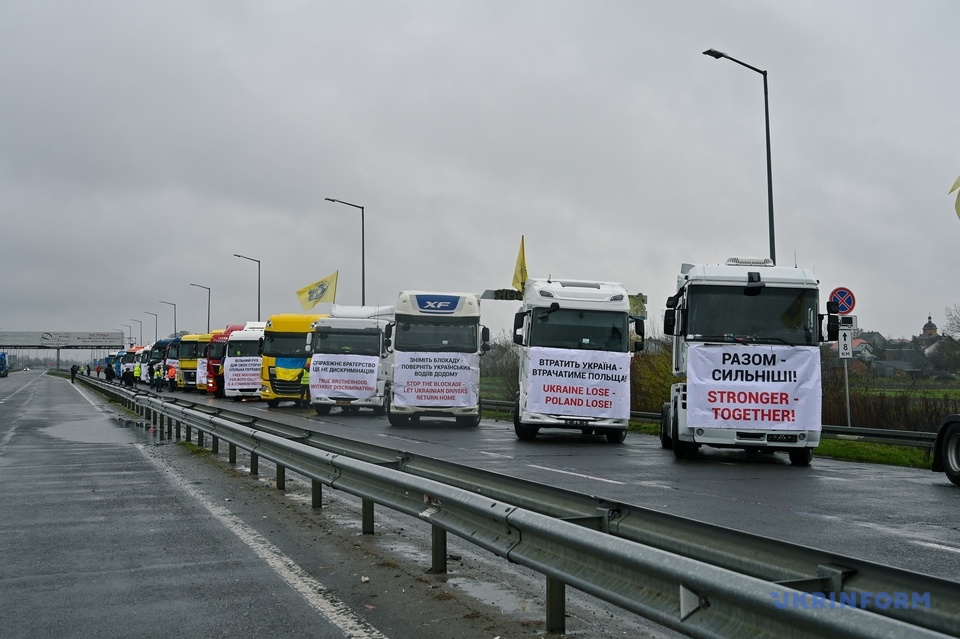Polish transport workers organizing a blockade of Ukrainian carriers at the Polish-Ukrainian border have close ties to the Russian Federation, the Ukrainian information agency Guildhall reports.
The official organizer of the protest at the Ukrainian-Polish border crossings is Rafał Mekler, the owner of the transportation company Rafał Mekler Transport.
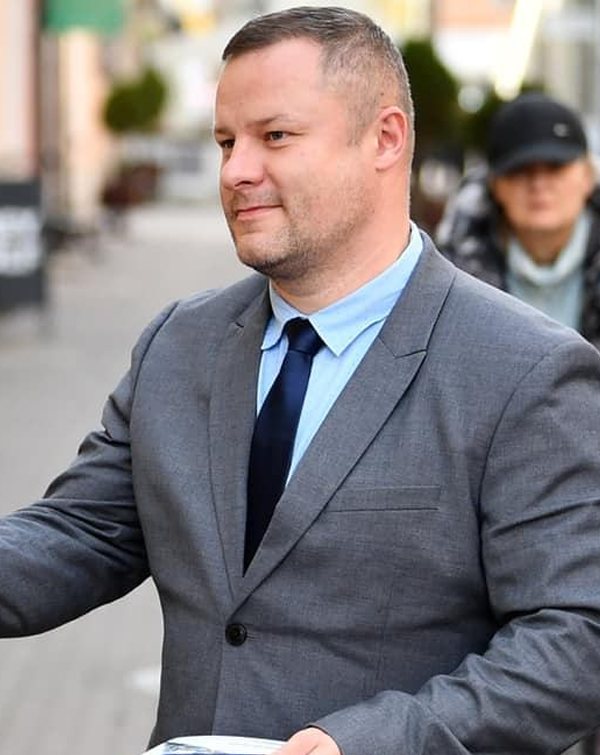
He is also the head of the far-right party Confederation of Freedom and Independence chamber in Lublin, which has anti-Ukrainian rhetoric and close ties to Russia.
In particular, the leader of the party, Janusz Korwin-Mikke, has called for the recognition of the Russian occupation of Crimea. In 2015, Mikke also visited the annexed peninsula, where he met with the Russian occupation administration head, Sergey Aksyonov.
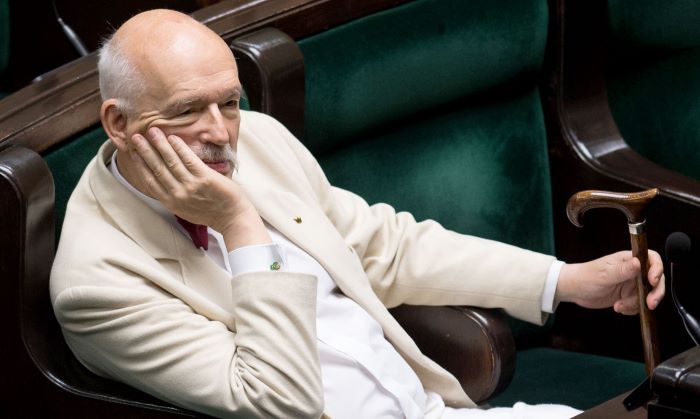
Earlier, DeepState, a Ukrainian website maintaining a map of the frontline, also reported that Korwin-Mikke defended Russia’s proxies in eastern Ukraine and tried to justify the existence of the proxy statelets Russia established there, the Donetsk and Luhansk “People’s Republics” (“DNR,” “LNR”).
As per GuildHall, the Confederation party is also affiliated with another Polish right-wing organization, the All-Polish Youth. Its former leader, Ziomowit Przebitkowski, was the leader of the Confederation of Freedom and Independence list in the 2023 Polish Sejm election campaign.
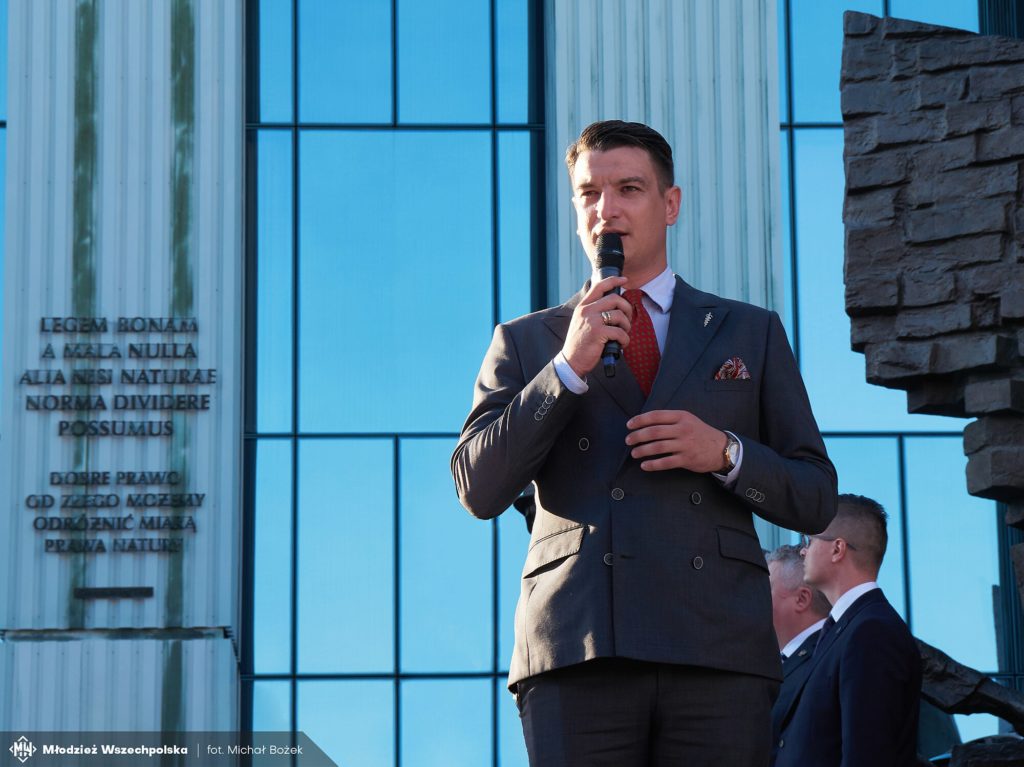
The all-Polish Youth movement has “longstanding ties to the Russian imperial movement”; in particular, it was involved in recruiting fighters for Russia’s proxy forces in the “DNR” and “LNR.”
In addition, the Confederation of Freedom and Independence and the All-Polish Youth organized other joint events. For instance, one was the Eurosceptic Sovereignty March, held in 2019. All-Polish Youth movement also has ties to the paramilitary right-wing radical group Zadruzhny Kolo (Polish: Zadrużny Krąg – Dywizja Słowiańska), which cooperates with the neo-Nazi group Rusych. The group is currently fighting in the Russian army, according to GuildHall.
Another key political supporter of the Polish blockage of the Ukrainian carriers’ border crossing is the leader of the Confederation of the Polish Crown, Grzegorz Braun.
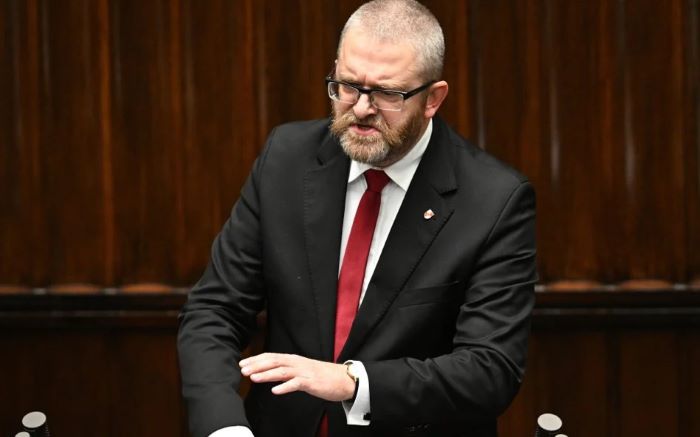
On 16 November, at the Polish checkpoint Korczowa, he met with the organizers of the strike and the co-founder of the aforementioned Russian-linked party Confederation of Freedom and Independence.
At the beginning of the all-out Russian invasion, Grzegorz Brown was the only member of the Polish Sejm who voted against the resolution condemning Russian war crimes, adopted after the Russian army’s massacre of Ukrainian civilians was revealed after its retreat from the city of Bucha. He has also consistently taken a position against the presence of Ukrainian migrants in Poland. Brown is the author of the slogan “Let’s stop the Ukrainization of Poland.”
According to the investigation, in 2018, Grzegorz Brown met with Leonid Sviridov, a journalist for Russia Today in Moscow. Earlier, Sviridov was deported from Poland for spying for Russia.
Another key organizer in the strike is the owner of the PEO-Trans company, Belarusian citizen Viktor Gordeyuk. GuildHall found out that he is studying at one of the higher military educational institutions in Belarus. Moreover, Viktor Gordeyuk’s brother, Andrey Gordeyuk, is serving in the 38th separate airborne assault brigade of the Belarusian army.
The report also says that PEO-Trans company was participating in other pro-Russian actions organized by Rafał Mekler Transport and a number of other Polish companies, including Kam-Trans, Jata-Trans, BOR-TOM, GLT POLSKA, KMS LOGISTYKA, demanding the lifting of anti-Russian sanctions.
GuildHall also points to Russian connections of the organizers of the blockade of border crossings with Ukraine in Slovakia. On 21 November, Slovak truckers also began blocking the passage of trucks toward Ukraine through the Vyšné Nemecké-Uzhhorod checkpoint, six days after the Union of Road Carriers of Slovakia (UNAS) threatened to block the Ukrainian carriers’ border crossing from its side.
According to GuildHall, the rally organized by UNAS was supported by the anti-European right-wing radical party Our Slovakia. Earlier, the party advocated “restoring friendly ties” with Russia. Its leader, Slovak politician Marian Kotleba, wrote a letter to former Ukrainian President Viktor Yanukovych in 2014 comparing the Euromaidan Revolution to terrorism.
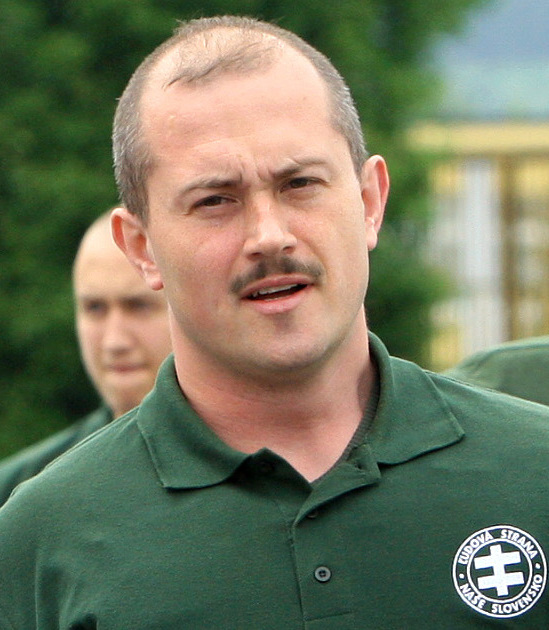
On 21 November, when Slovak truckers began blocking the passage of trucks toward Ukraine, Ukraine’s Border Service said that the organizers were going to carry out the strike, while “the duration of the blockade has not been announced.” However, on 22 November, the Ukraine Border Service reported that the Ukrainian-Slovak border had been unblocked, and trucks were allowed to cross the border as scheduled. At the time of this announcement, about 400 trucks were waiting in line in Slovakia in front of the Vyšné Nemecké checkpoint heading to Ukraine.
Meanwhile, Rafał Mekler, organizer of the protest on the Polish border crossing with Ukraine, wrote in X (Twitter) that Polish carriers intend to block the Ukrainian-Polish border for more than two months. According to Mekler, the protesters have filed an application to extend the action at the Yahodyn-Dorohusk checkpoint until 1 February 2024. Earlier, the protesters planned to strike for two months, until January 2024.
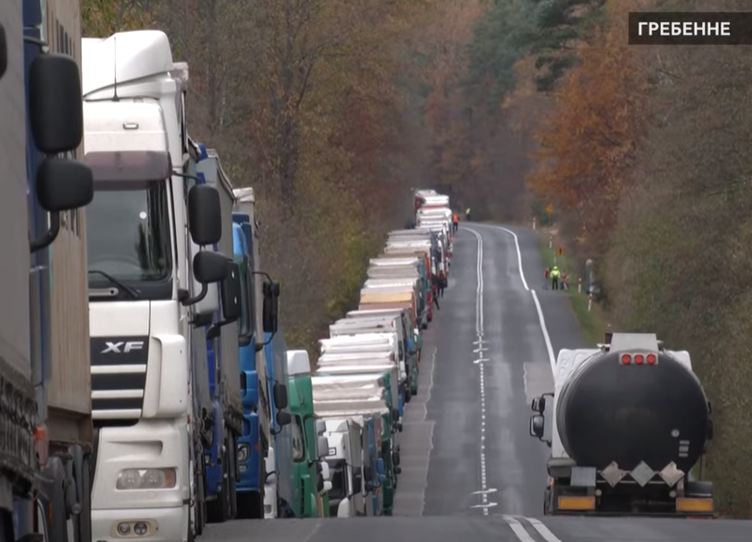
The protest on the Polish side began on 6 November, when Polish carriers blocked three of four border crossings, in particular, the Yahodyn-Dorohusk, Krakivets-Korchova, and Rava-Ruska-Hrebenne. On 22 November, Polish strikers began blocking traffic in front of the Medyka checkpoint, Ukraine’s State Border Guard Service reported.
As of 23 November, two Ukrainian carriers died, while waiting to cross the border into Ukraine. A 54-year-old truck driver died in Poland in a parking lot near the Dorohusk-Yagodyn checkpoint. The second was a 56-year-old Ukrainian truck driver who died in a parking lot near Korczowa, Poland. Reportedly, he had been standing in line to cross the border for almost three days.
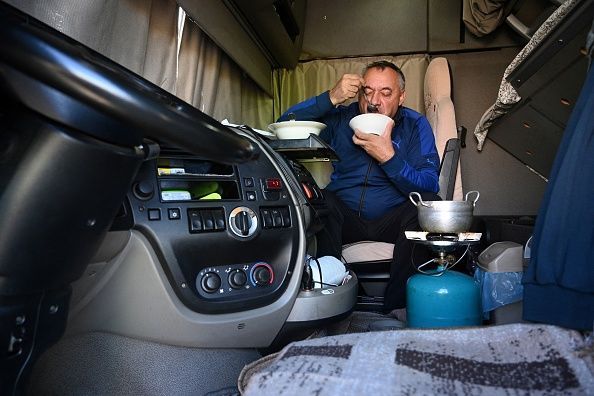
On 13 November, Ukraine and Poland held talks at the countries’ border, aiming to resolve issues caused by a strike of Polish truck drivers that has severely slowed cargo transports. Ukraine’s Deputy Infrastructure Minister Sergiy Derkach the talks weren’t successful. According to Derkach, the protesters’ main demand — restoring a permit system for cargo transports between Ukraine and Poland — is unrealistic because the permit system was abolished by a Ukraine-EU transport deal in place until June 2024.
However, Ukrainian experts said that the border blockade by Polish drivers is damaging not only for Ukrainians. First, it affects economic relations, disrupting supplies. Second, it put relations between two key partners supporting Ukraine’s defense against Russian aggression under strain.
Dmytro Shulga, Program Director of the International Renaissance Foundation, said that as far as he knows, “none of the Polish business associations have lobbied for the decision to start protesting.”
Read also:




